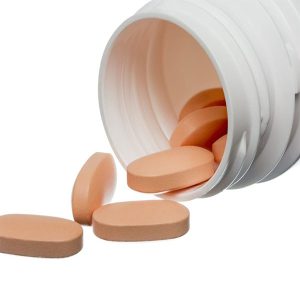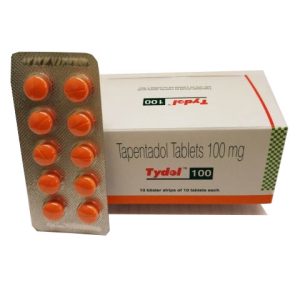Prednisone comes as a tablet, delayed-release tablet, as a solution (liquid), and as a concentrated solution to take by mouth. Prednisone is usually taken with food one to four times a day or once every other day. Your doctor will probably tell you to take your dose(s) of prednisone at certain time(s) of day every day. Your personal dosing schedule will depend on your condition and on how you respond to treatment. Follow the directions on your prescription label carefully, and ask your doctor or pharmacist to explain any part you do not understand. Take prednisone exactly as directed. Do not take more or less of it or take it more often or for a longer period of time than prescribed by your doctor.
If you are taking the concentrated solution, use the specially marked dropper that comes with the medication to measure your dose. You may mix the concentrated solution with juice, other flavored liquids, or soft foods such as applesauce.
Swallow the delayed-release tablet whole; do not chew or crush it.
Your doctor may change your dose of prednisone often during your treatment to be sure that you are always taking the lowest dose that works for you. Your doctor may also need to change your dose if you experience unusual stress on your body such as surgery, illness, infection, or a severe asthma attack. Tell your doctor if your symptoms improve or get worse or if you get sick or have any changes in your health during your treatment.
If you are taking prednisone to treat a long-lasting disease, the medication may help control your condition but will not cure it. Continue to take prednisone even if you feel well. Do not stop taking prednisone without talking to your doctor. If you suddenly stop taking prednisone, your body may not have enough natural steroids to function normally. This may cause symptoms such as extreme tiredness, weakness, slowed movements, upset stomach, weight loss, changes in skin color, sores in the mouth, and craving for salt. Call your doctor if you experience these or other unusual symptoms while you are taking decreasing doses of prednisone or after you stop taking the medication.






zame –
I am pleased to be a your customer just what I was looking for:
Harold –
I was prescribed Prednisone 20mg for a short-term treatment of a severe allergic reaction and was skeptical about the potential side effects. However, to my surprise, the medication worked wonders in reducing the symptoms and alleviating the discomfort. I experienced a significant reduction in swelling, itching, and redness within a few hours of taking the first dose. While I did notice some minor side effects such as insomnia and increased appetite, they were manageable and subsided once the treatment was completed. Overall, I’m impressed with the effectiveness of Prednisone 20mg in treating my condition and would recommend it to others who need a swift and effective solution.